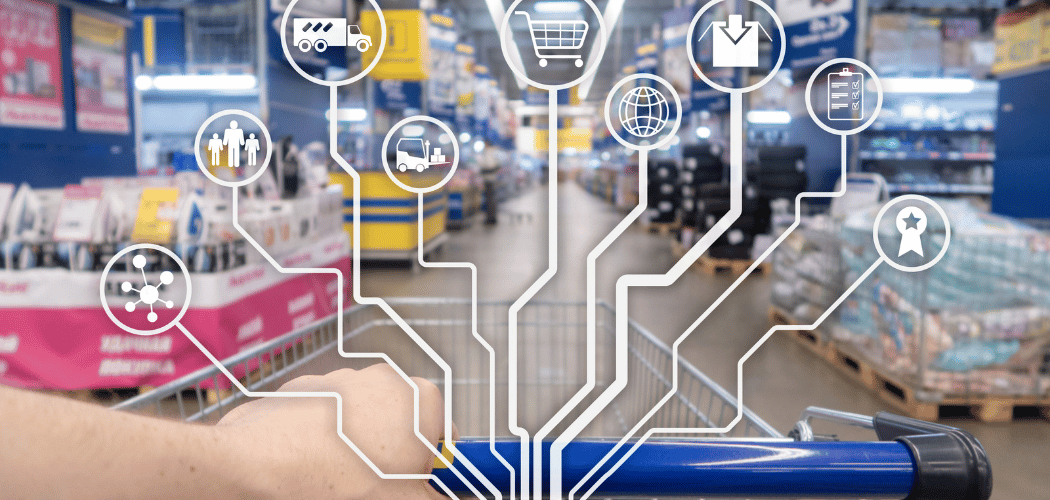The Atlantic has a glimpse into the future of driverless automobiles—one in which hailing a car is actually free! As modern-day marketing experts have long pointed out though, if the product you’re using is free, then you are the product. Will commuters and shoppers of the future prefer free rides in exchange for exposing themselves to marketing messages—ones that may even involve unwanted stops along the way?
By Rick Ferguson
Loyalty marketers often like to speak of an upcoming marketing utopia, in which all marketing is transparent and opt-in, with consumers willingly sharing their time and personal information with marketers in exchange for personalization, recognition, and rewards. The potential future outlined in the Atlantic piece, however, sounds a lot more like marketing dystopia:
“Picture a not-too-distant future where a trip across town is available to anyone who will spend 15 minutes in McDonald’s on the way. Not a fast-food fan? Then for you it’s Starbucks, a bookstore, the game parlor. Rides with a child stop at the Disney store, while teenage girls are routed via next decade’s version of Zara and H&M. Unlike today’s UberPool, with its roundabout routes and multiple passenger pickups, “UberFree” features tailor-made routes and thoughtfully targeted stops.
“Realtors could pay to have the cars drive slowly past featured properties for sale, past the nice new elementary school in the slightly more affluent neighborhood. At election time, a candidate’s campaign would route voters through run-down areas while a voice-over blames the opponent for this decline. And if you happen to mention at some point in the day that you are chilly, or your shoes hurt, or you have a party to go to, the friendly virtual assistant that lives on all your devices—Alexa’s granddaughter—ensures that your next trip’s stops include relevant sponsored solutions.”
This scenario is not unlike the present-day experience enjoyed by cruise vacationers who take a bus ride to their shore excursion that includes a mandatory stop at a jewelry store, where the friendly salespeople corner you to extol the virtues of cubic zirconium. The Atlantic likewise points out that cabbie in Las Vegas already offer free cab rides in exchange for strip-club stops, while ride-hailing app Kickback offers free rides in exchange for sponsored drop-offs from other business categories. As the article points out, however, there is a correlation between those companies most likely to sponsor rides, and the quality of their goods and services:
“But the system benefits drivers at the passengers’ expense. The drivers’ incentive is to take people to the places offering the biggest kickbacks, but those businesses are often the least desirable. Indeed, the amount a club pays on the Kickback app seems to have an inverse relationship to its Yelp ratings: Sapphire Gentleman’s Club offers among the highest kickbacks ($80 for male taxi riders), but has many one-star reviews, whose complaints range from watered down drinks to drugging and robbery. On top of that, some clubs present customers who arrive in a cab with high cover charges to make up for the driver’s kickback.”
Given the predilections of American consumers in particular, which scenario seems more likely—that Americans will flock to free rides requiring unscheduled stops, or that they’ll pay for rides that take them directly where they want to go? Should the Atlantic’s vision become reality, it might even exacerbate income inequality, with less affluent consumers forced to take sponsored rides to unwanted stops, while the rich zip right on buy in their purchased rides. Your personal politics aside, that’s a future that benefits very few.
Rick Ferguson is Editor in Chief of the Wise Marketer Group and a Certified Loyalty Marketing Professional (CLMP).




